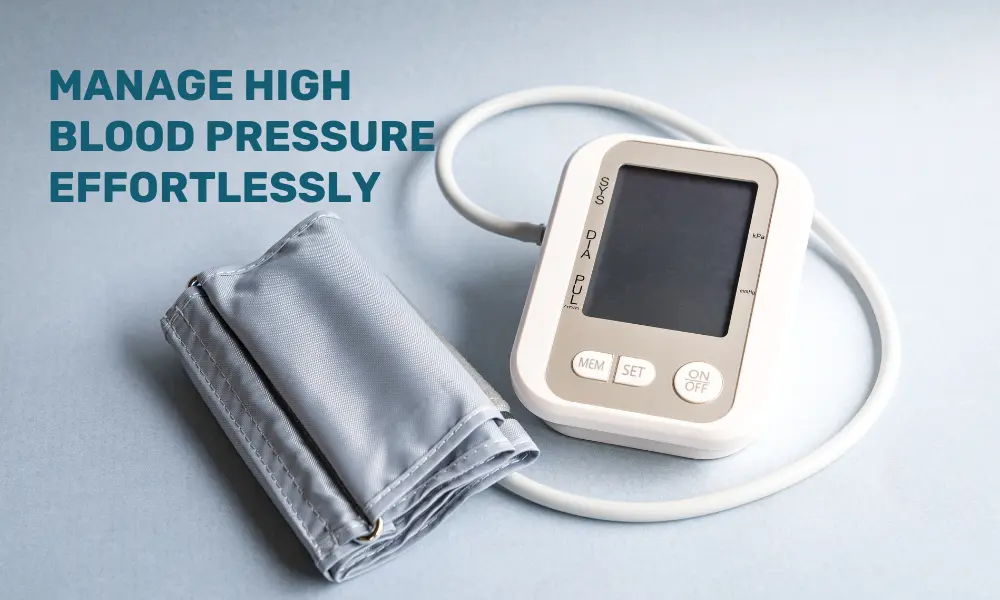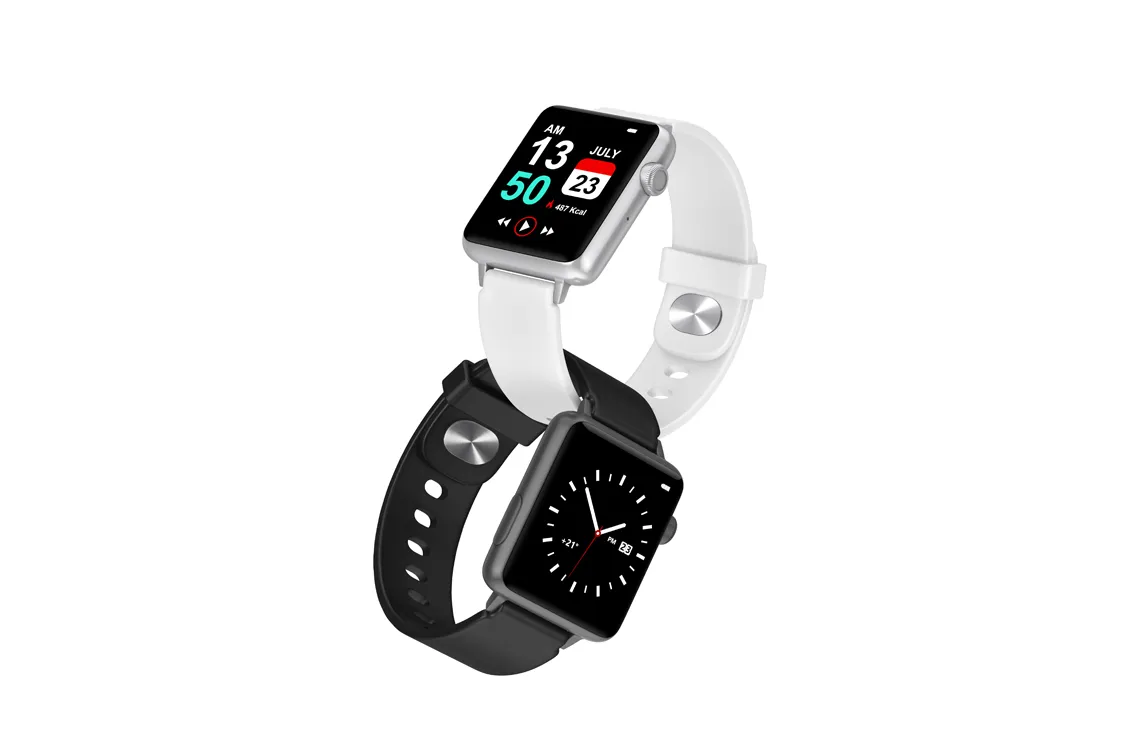High blood pressure is a medical condition caused by elevated arterial pressure. It occurs when the force of blood against the artery walls is consistently too high. Although hypertension often has no symptoms initially, if untreated, it may lead to serious health complications.
High blood pressure significantly impacts life by increasing the risk of various health problems such as kidney disease, heart disease, stroke, and vision loss. It can strain the heart and cause damage to blood vessels over time, leading to conditions like heart attack, heart failure, or peripheral artery disease.
Hypertension also affects cognitive function and can contribute to memory loss or dementia. Managing blood pressure through dietary and lifestyle changes is crucial to reducing these risks and improving overall quality of life.
Here are some dietary changes that one must adapt to manage high blood pressure.
Increase magnesium intake
Why: Magnesium helps regulate various bodily functions, including blood pressure control.
How: Consume magnesium-rich foods like leafy green vegetables, nuts, seeds, whole grains, and legumes. The recommended daily magnesium intake is around 400-420 mg for men and 310-320 mg for women.
Reduce salt intake
Why: Excess sodium in our diet can cause the body to retain water, causing increase in blood volume and, consequently, blood pressure.
How: One must avoid adding salt to food and choose low-sodium alternatives. Read food labels to monitor sodium intake and limit processed foods, as they contain high amounts of sodium.
Engage in moderate exercise
Why: Regular physical activity strengthens the heart, enabling it to pump blood with less effort and reduces pressure on the arteries.
How: One must do moderate-intensity aerobic exercise daily, this may include brisk walking, cycling, jogging, or swimming. One must also do muscle-strengthening activities on two or more days per week.
Eat more potassium-rich foods
Why: Potassium helps balance sodium levels in the body and helps ease tension in blood vessel walls, which can lower blood pressure.
How: One must include bananas, oranges, avocados, spinach, sweet potatoes, and tomatoes. Aim for about 3,500-4,700 mg of potassium daily, but consult a doctor, especially if you have kidney issues.
Adopt the DASH diet
Why: The DASH diet (Dietary approaches to stop hypertension) is specifically designed to help lower blood pressure.
How: Eat plenty of vegetables, fruits, whole grains, low-fat dairy products, lean proteins (such as poultry, fish, and beans). One must limit foods high in saturated fat, cholesterol, and trans fats.
Consume dark chocolate or cocoa
Why: Flavanols found in dark chocolate and cocoa helps to improve our blood flow and dilates blood vessels which can lower blood pressure.
How: Opt for dark chocolate with at least 70% cocoa content. Consume in moderation, as chocolate can be high in calories and sugar.
Herbal remedies and supplements
Garlic
Why: Garlic has been shown to lower blood pressure due to its amazing ability to increase nitric oxide production. It also helps relax blood vessels.
How: Incorporate fresh garlic into your cooking or take garlic supplements. Consult a doctor for appropriate dosages to ensure it does not interfere with other medications.
Hibiscus tea
Why: Hibiscus tea has diuretic properties and may help reduce blood pressure by eliminating excess sodium and fluid from the body.
How: Drink hibiscus tea regularly, aiming for 1-3 cups daily. Ensure the tea is unsweetened to avoid additional sugar intake.
Omega-3 fatty acids
Why: Omega-3 fatty acids in fish oil and flaxseeds can help lower blood pressure by reducing inflammation and improving heart health.
How: Include fatty fish like salmon, mackerel, and sardines in diet, or consider taking omega-3 supplements. Further, consult a doctor before starting any supplements.
It is crucial for people with high blood pressure to monitor it regularly and adopt healthy lifestyle to manage it to avoid any health complications.




